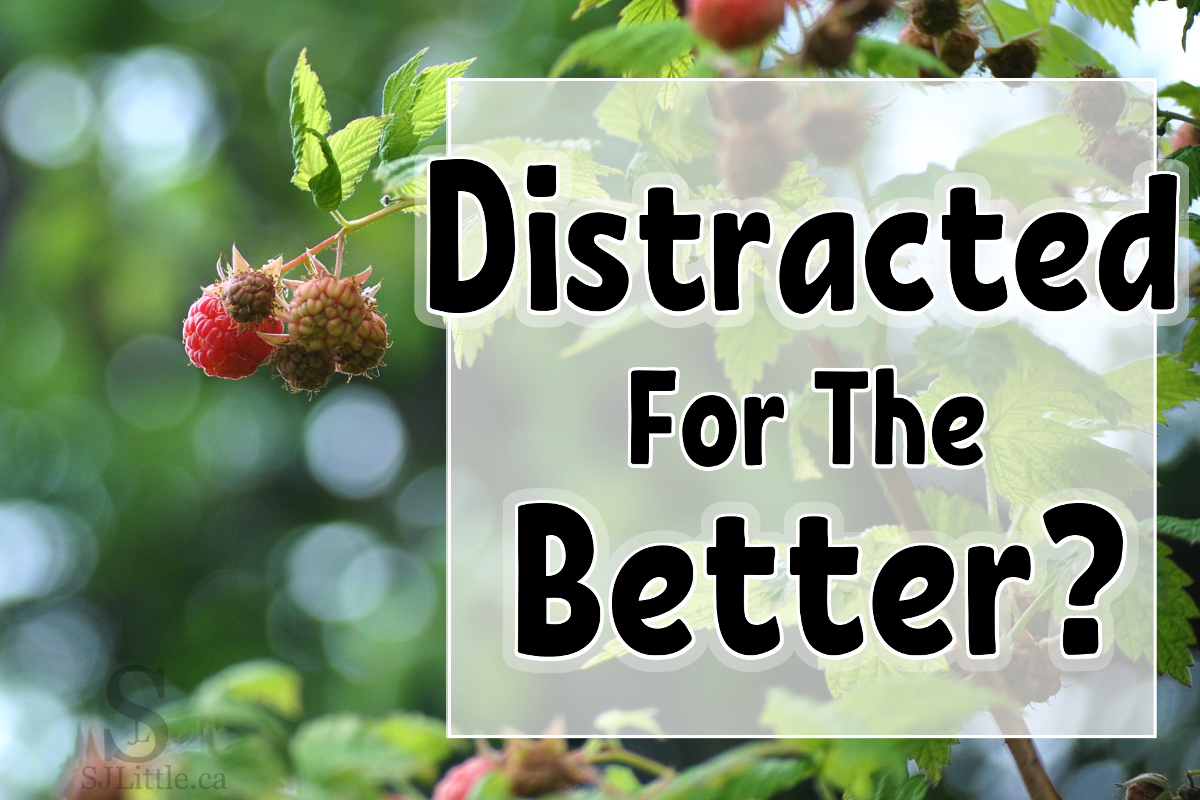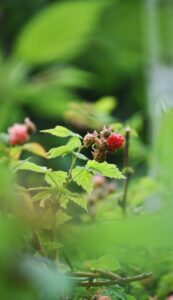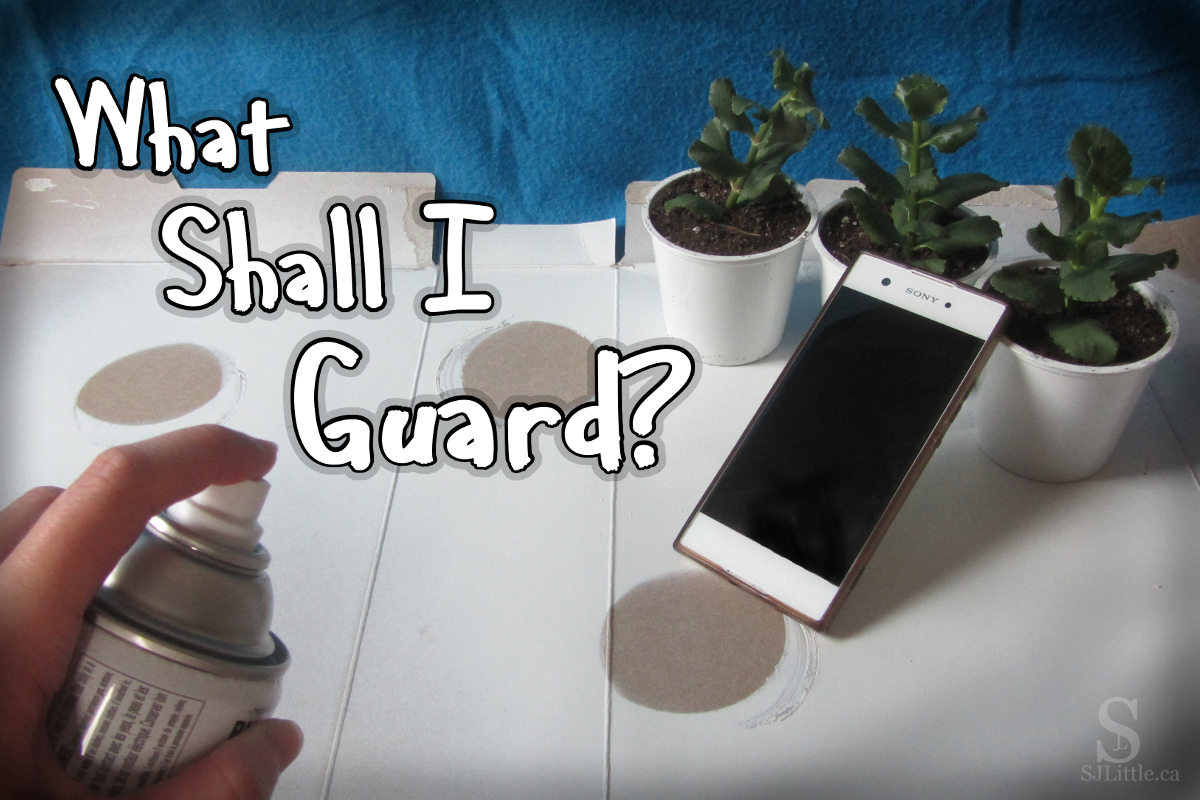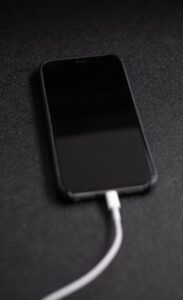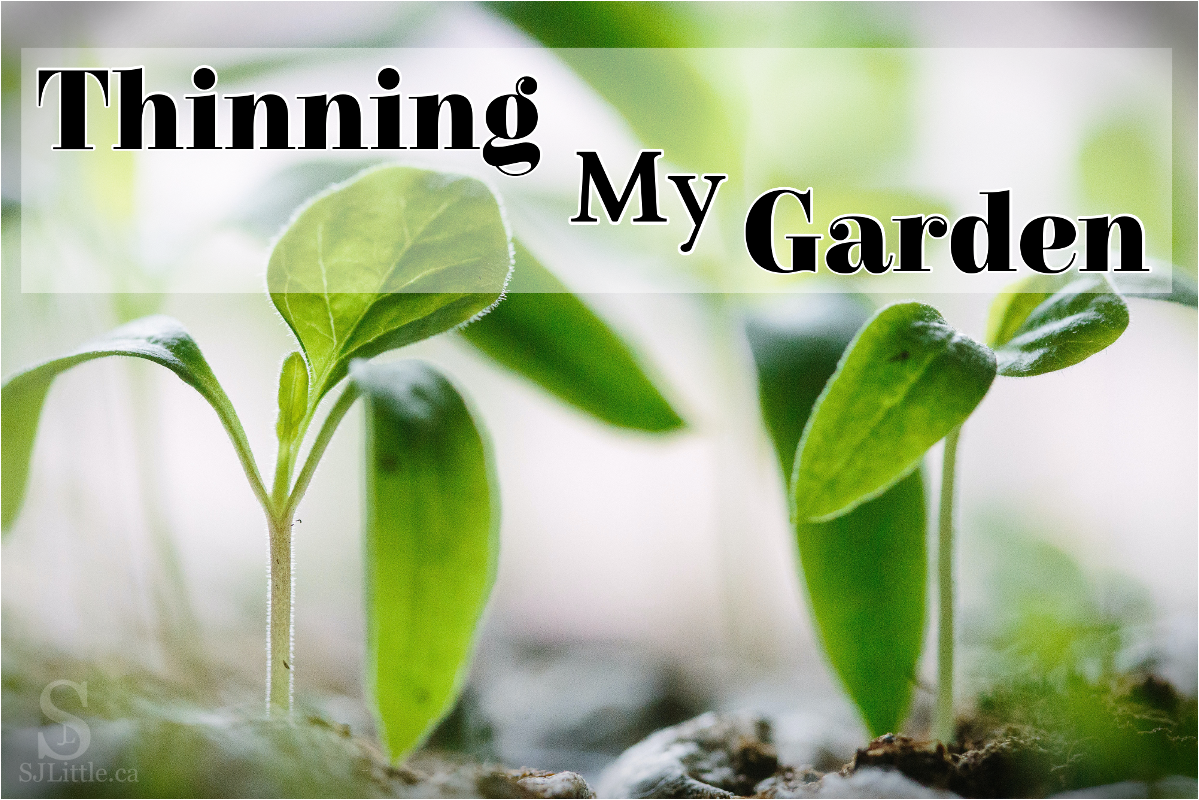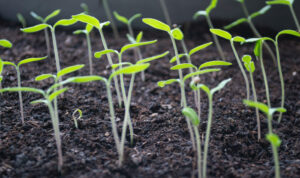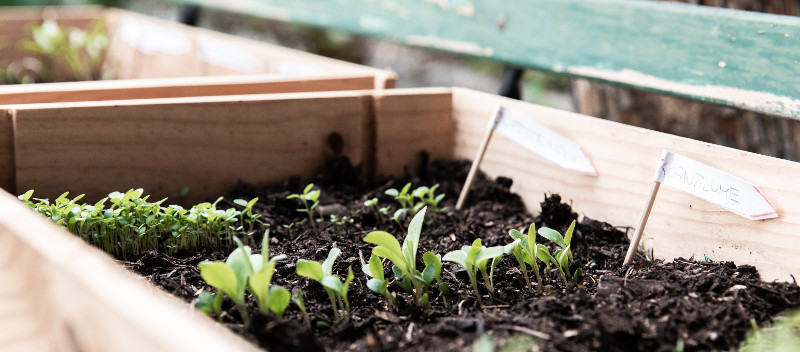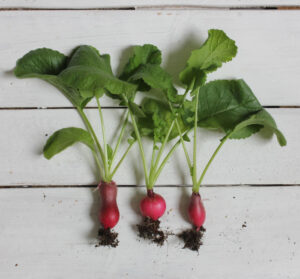
“Ready, Mommy?” My toddler called from her car seat.
I twisted in the passenger seat to see her. “Ready for what?”
“Ready for me to put my sunglasses on?” She held her sunglasses poised above her head, ready to be put on.
Amused, I glanced at my husband who was driving. “Okay, I’m ready for you to put your sunglasses on.”
Slowly, and with great emphasis, my toddler pulled her pink sunglasses down over her eyes and settled them in place.
“I have my sunglasses!”
I smiled. “Yes. You put them on. Very good.”
I was slightly puzzled at her wanting my attention when putting on her sunglasses, but toddlers sometimes do things that don’t make sense to me. I didn’t dwell on it.
Turning back towards the front of the vehicle, I resumed my conversation with my husband.
This event repeated itself several times over the course of a few months. I still didn’t think much of it, until my husband made an observation.
“It’s because of the babies wearing glasses videos she’s watched.” He pointed out.
I immediately saw the truth in his statement.
We don’t watch many videos or TV shows at this point, but from time to time, I will watch YouTube videos with her. Her absolute favourite, which she often requests, is “babies wearing glasses videos”.
“Babies wearing glasses videos”, as she termed them, are short videos of babies or toddlers, who have vision challenges, trying glasses on. Typically they have huge smiles as they get to see clearly for the first time. Family members cheer and exclaim adoringly as the little one takes in the world.
It was in mimicking these little ones that my toddler was insisting I watch as she dramatically put on her sunglasses.
I know that what youngsters see has a huge impact on them. Therefore, I am quite particular about what we watch. These “babies wearing sunglasses” videos seemed harmless and cute. Other than being wary that she might try putting her sunglasses on her baby brother, I hadn’t expected them to influence her much.
Yet here she was, clearly repeating what she’d observed.
What about me? Is there something seemingly benign and unimpactful that is influencing me?
Most likely yes.
Peers, TV, books, social media, church, friend circles… They all influence me whether I know it or not.

I am instructed to imitate what is good, not what is evil (3 John 1:11).
The writer of Hebrews tells me, “We do not want you to become lazy, but to imitate those who through faith and patience inherit what has been promised.” (Hebrews 6:12 NIV)
Then later, in Hebrews 13:7, he says, “Remember your leaders, who spoke the word of God to you. Consider the outcome of their way of life and imitate their faith.” (NIV)
So what about my life? Who or what has influenced me?
Are there any things or people that may be influencing me towards ungodly and unhealthy attitudes or lifestyles? How can I minimise those?
On the flip side, how can I increase the good and beneficial influences on my life?
May I be intentional about who and what I imitate with the ultimate goal of imitating Jesus.


